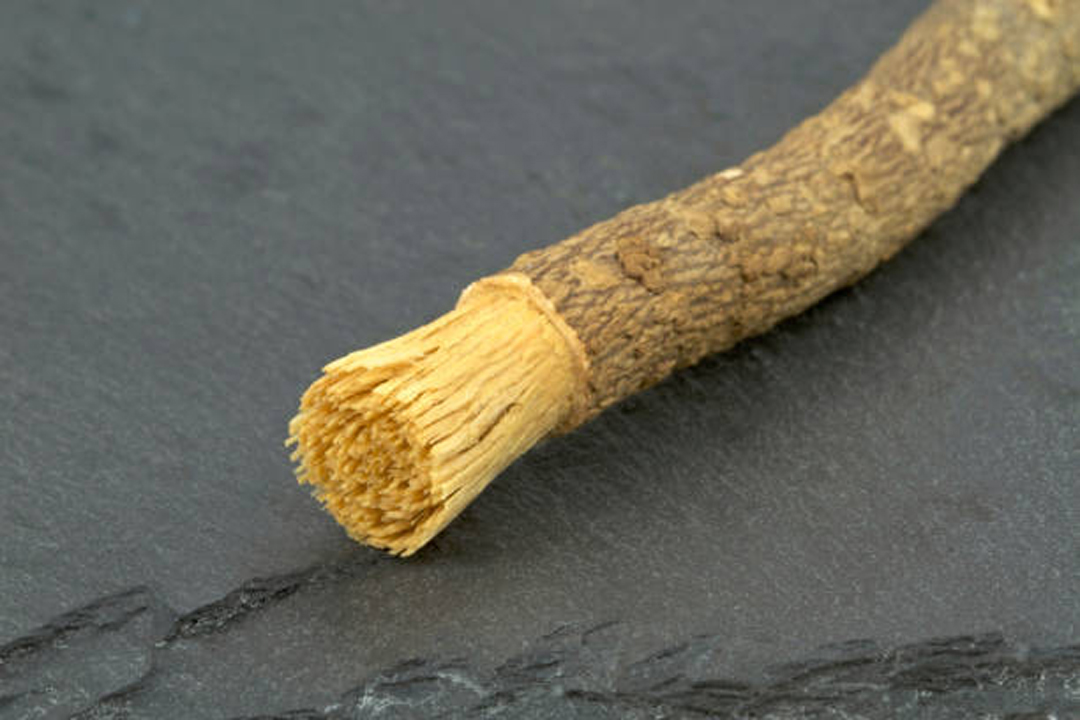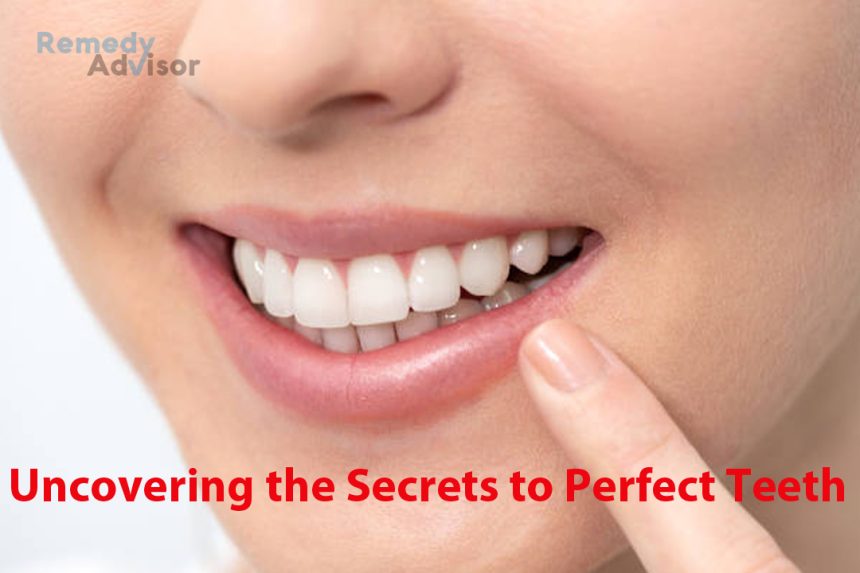At the beginning of the 20th century, Dr. Weston A. Price, a dentist from Cleveland, Ohio, set out on a tour to explore isolated villages around the world. He wanted to find out why the Indians of South America, the Polynesians of the South Sea Islands, and the African tribes all had better dental health than people who lived in cities. Dr. Price found that these societies had several things in common. For example, their diets had a lot more minerals like calcium, phosphorus, iron, and magnesium than the diets of people in industrialized Western countries. Also, their meals had more than ten times the amount of fat-soluble vitamins (A, D, E, and K). Most of these vitamins came from animal sources like butter, fish, eggs, shellfish, and meat, including offal. Based on these results, Dr. Price came to the conclusion that diet had a big impact on dental health. His study still has a big impact on nutritional studies today.
Deterioration patterns
The World Health Organization has gathered information that backs up Dr. Weston A. Price’s studies on the link between nutrition and oral health. (WHO). The WHO has been keeping track of the dental health of both 12-year-olds and adults around the world for more than 40 years. This has shown some fascinating changes. In general, the rates of DMFT (Decayed, Missing, and Filled Teeth) are higher in developed countries than in developing ones, both for 12-year-olds and for adults aged 35 to 44. Adults are most affected in the Americas, Western Europe, and Australia. Still, the rate of DMFT has gone down among youngsters in developed countries over the past few decades. This is because of better dental self-care, healthier lifestyles, and public health programs like fluoridating the water.
Tooth and gum health without dentistry
Even though many people in poor countries don’t use dental care products like those in the West, they nonetheless keep their teeth clean by employing natural methods like chewing sticks and mouthwashes made from plants. They also eat the way they have always done, which helps keep their teeth healthy. But the WHO has seen that the number of 12-year-olds with DMFT is slowly but steadily rising in some emerging nations. This trend is thought to be caused by changes in nutrition, such eating more sugar and not getting enough fluoride. The WHO thinks this trend will continue, which shows how important it is for education and public health programs in these areas to encourage healthy eating and good oral hygiene. By doing this, people in underdeveloped countries may keep their teeth healthy even when their diets and ways of living change.
Understanding standard dental treatment
In Africa, the Middle East, and some parts of Asia, using a miswak, also known as a chewing stick, is a traditional way to maintain clean, healthy teeth and gums. The roots, twigs, or bark of trees or plants with favorable qualities for dental health are generally used to make miswak. Interestingly, to keep teeth and gums clean and free from decay and infection, modern toothbrushes and interdental brushes apply similar concepts. The use of the miswak serves to emphasize the value of age-old oral hygiene procedures and how they can still be utilized to preserve good dental health today. Here you will learn how to make and use chewing sticks along with other tips for tooth and gum care:
Natural toothbrush
To make a natural toothbrush like the ones used in old societies, go to an African, Asian, or Arab food shop and buy one of the numerous kinds of chewing sticks they have. Once you have a chewing stick, chew on one end until it frays, and then use it to clean around and between your teeth and massage your gums. This method is a terrific alternative to contemporary toothbrushes and dental care products because it is natural and works well to keep teeth healthy. By using traditional ways to take care of your teeth and gums, you can make sure they stay healthy and strong for years to come.
Arak

The Salvadora persica tree, often called the toothbrush tree or the mswaki in Swahili, grows throughout the Middle East and in various African countries. Research shows that the tree has a number of substances that are good for dental health. These include silica and sodium bicarbonate, which whiten teeth, tannic acid, which removes plaque and protects against gum disease, antibacterial sulfur compounds, fluoride, which stops tooth decay, and calcium, which makes tooth enamel stronger. The WHO recommends using Arak chewing sticks, which are manufactured from the Salvadora persica tree, to keep your teeth healthy because they have several benefits. You can keep your teeth and gums healthy for life if you use natural products like these as part of your dental care routine.
Licorice root
The licorice plant, which has the scientific name Clycyrrhiza glabra, became famous in Europe as a chewing stick in the 15th century. It is still used as a chewing stick in India today. Researchers have shown that licorice can kill bacteria and help get rid of plaque. You can keep your teeth clean and lower your risk of oral health problems by using natural products like licorice to care for your mouth.
The neem tree
In rural India and Pakistan, it is common for individuals to chew on neem sticks all day long. Neem is a tropical evergreen tree with the scientific name Azadirachta indica. When it is chewed, it releases an oil that kills the Staphylococcus mutans bacteria that causes plaque and tooth disease. Also, chewing encourages the creation of saliva, which helps to keep your mouth healthy. By using natural products like neem as part of your oral care routine, you can keep your teeth and gums healthy and lower your risk of having problems with your mouth.
Natural mouthwash
You can make a natural and pleasant herbal mouthwash by putting dried hawthorn berries, licorice root, or cinnamon bark in warm water. People have used these components for hundreds of years because they kill germs and reduce inflammation. This makes them a great choice for keeping your mouth healthy. This mouthwash will not only help you get rid of bad breath and keep gum disease at bay, but it will also leave your mouth feeling clean and refreshed. This easy-to-make herbal mouthwash will give your mouth the natural care it needs.
Eat healthy
Keeping your gums and teeth healthy is important for your general health, and a balanced diet can help you do this in a big way. If you consume a lot of fresh fruits and vegetables and protein-rich foods like meat, fish, and dairy, you can obtain the vitamins and minerals you need to keep your teeth in good shape. But it’s important not to snack on fruits, fruit juice, or smoothies between meals because they are acidic and can damage your tooth enamel. Instead, eat them with your main meals to lessen the effect. Also, it’s best to minimize the amount of processed foods you eat because they can contribute to oral health concerns. By making some simple changes to your diet, you can keep your teeth and gums healthy, which will keep your smile bright and beautiful.







